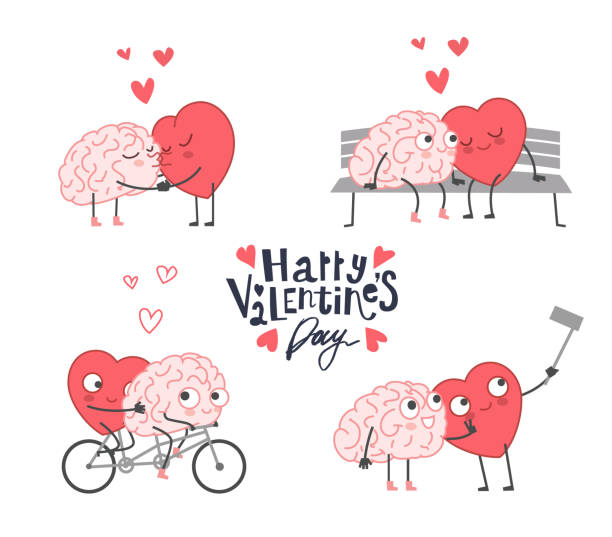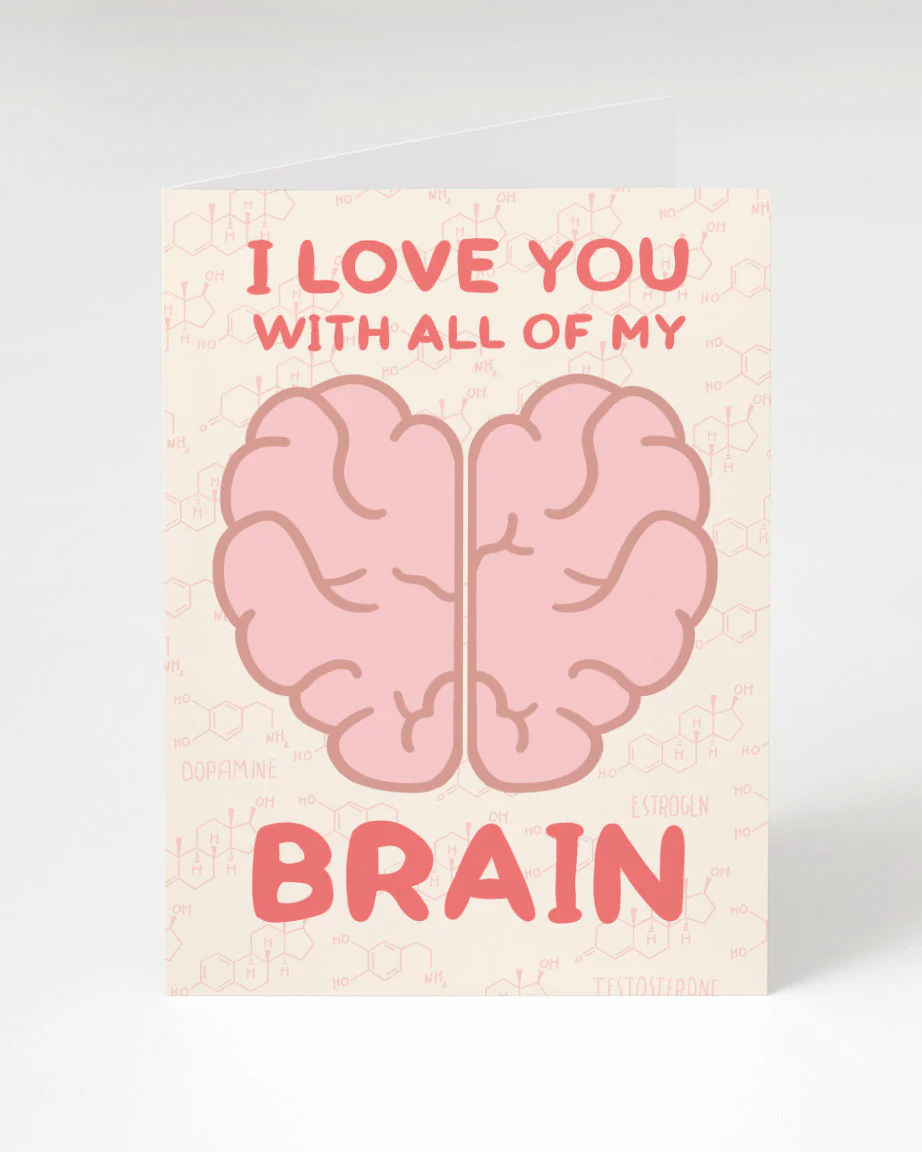February Newsletter: The Science of Love & the Brain
- Serena Sanders
- Feb 14
- 2 min read
Hello, NeuroBloom Community!

February is here, and with it comes a celebration of love, connection, and all things heart-shaped! But did you know that love isn’t just an emotion—it’s a complex neurological process that shapes how we think, feel, and interact? This month, we’re diving into the fascinating science behind love, relationships, and human connection.

💕 The Neuroscience of Love: More Than Just a Feeling
Love isn’t just poetry and heart emojis—it’s a chemical symphony happening inside your brain.
When we fall in love, our brains release a cocktail of neurotransmitters, including:
❤️ Dopamine – The "feel-good" chemical associated with pleasure and reward. It's why love can feel so exhilarating (and a little addictive!).
💞 Oxytocin – Known as the "bonding hormone," oxytocin strengthens connections between partners, friends, and even pets.
💗 Serotonin – This mood-regulating neurotransmitter helps explain the obsessive thoughts we sometimes experience when infatuated.
Love isn't just romantic—these same chemicals are at play in deep friendships, parent-child bonds, and even the connections we form with our pets.

🧠 Can Love Improve Your Brain Health?
Research suggests that love and strong social bonds can enhance brain function and emotional well-being. Here’s how:
✨ Reduces Stress: Positive relationships lower cortisol levels, reducing anxiety and promoting overall health.
🧩 Boosts Cognitive Function: Engaging conversations and emotional support stimulate the brain and may reduce the risk of cognitive decline.
💖 Enhances Emotional Resilience: Knowing you have a strong support system can improve how you navigate challenges and setbacks.
So, whether you're celebrating with a partner, friends, family, or indulging in some well-deserved self-love, know that connection is one of the best gifts you can give your brain.

❤️ Small Acts of Love That Boost Brain Health
Looking for ways to celebrate love while strengthening your mental well-being? Try these simple (and science-backed) practices:
💌 Write a Love Letter – Expressing gratitude releases dopamine and strengthens emotional bonds.
🤗 Hug More – Physical touch increases oxytocin and reduces stress.
🎭 Try Something New Together – Engaging in novel experiences activates the brain’s reward system and strengthens relationships.
🎶 Listen to Music That Sparks Joy – Music activates multiple brain regions and can elevate your mood instantly.

💡 Thought to Ponder
What’s one small act of love (for yourself or others) that you can practice this month? Whether it’s a kind word, a deep conversation, or simply taking time to recharge, love—both given and received—has the power to shape our brains and our lives.
Thanks for being part of the NeuroBloom community! Wishing you a month filled with love, connection, and brain-boosting moments. 💖🧠
Comments